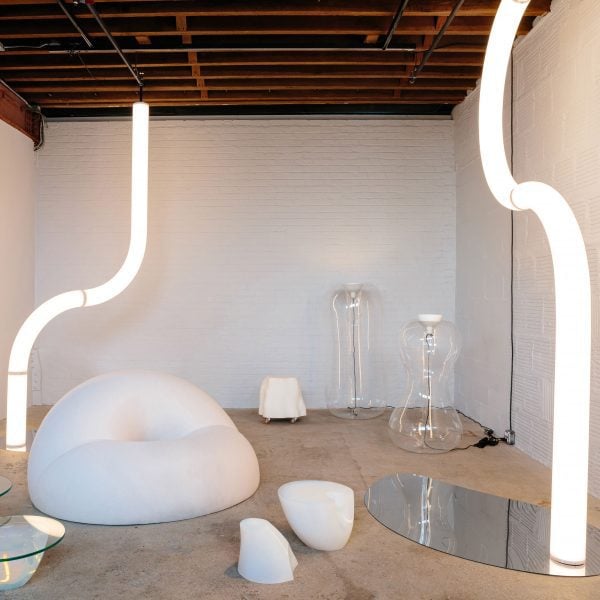Promotion: Design Hotels has launched its study Neuroaesthetics – Design for the Mind, which looks at how technological and cultural aesthetics impact human behaviour, with a talk at Milan design week.
The Design Hotels talk featured Robyn Landau, co-founder of Kinda Studios, alongside neuroaesthetics architect and designer Suchi Reddy, founder of Reddymade.
They were joined by Sigurd Larsen, a Berlin-based Danish architect and designer. The discussion was hosted by Dezeen’s editorial director, Max Fraser.
The panel session took place to launch the report Neuroaesthetics – Design for the Mind, which centres around the neuroscientific effects of science, technology and the arts.
Speaking at the talk, Landau summed up the theme as “how our brains and bodies respond to the world around us”.
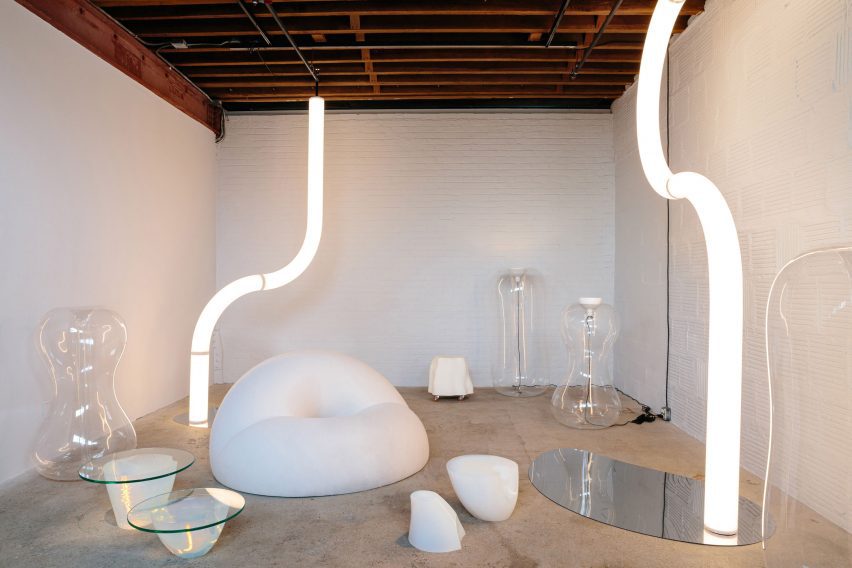

The panelists discussed how design in physical spaces can affect people’s feelings, arguing that these types of ideas should be taken into consideration in the development stage of projects.
“Designers and architects who understand these ideas should be at the table from the outset of planning,” Reddy said. “That’s the thing that needs to change.”
Landau added: “Silos of design don’t reflect how we connect with the world.”
The report explored these themes in greater depth, exploring the issue of what it means to be human and how this informs design of spaces.
Additional perspectives in the report were provided through interviews with specialists from various fields, including neuroscientist Anjan Chatterjee and artist Refik Anadol.
The 69-page report sets out four core principles intended to aid future practical creative applications.
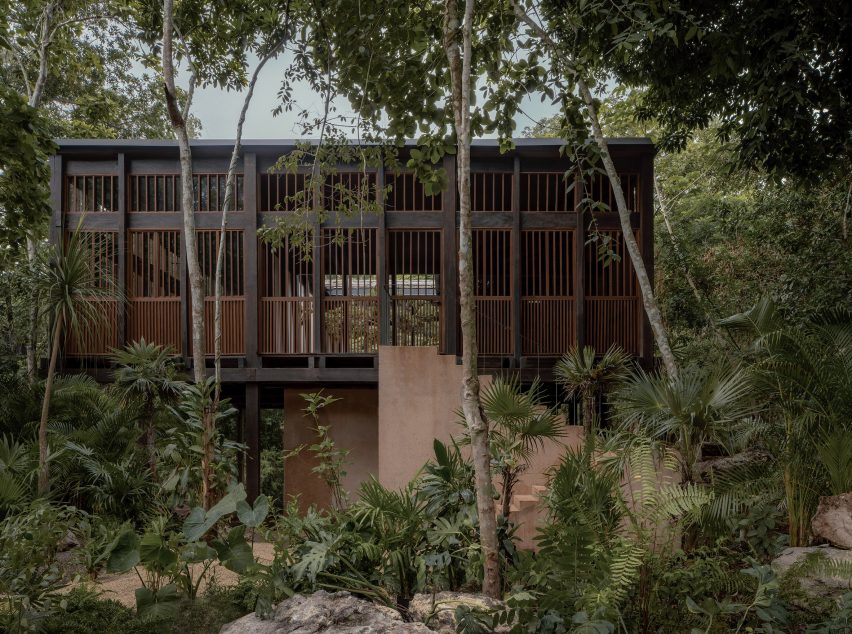

The report was published by Design Hotels in collaboration with German product design company FSB Franz Schneider Brakel. Research was supported by Kinda Studios, a specialist in neuroaesthetics.
It responds to a report by the World Green Building Council, which found that people in developed countries spend over 90 per cent of their lives in built-up environments.
Additionally, a UK-based survey carried out in 2023 found that 73 per cent of people feel as though the physical appearance of buildings impacts their mental health.
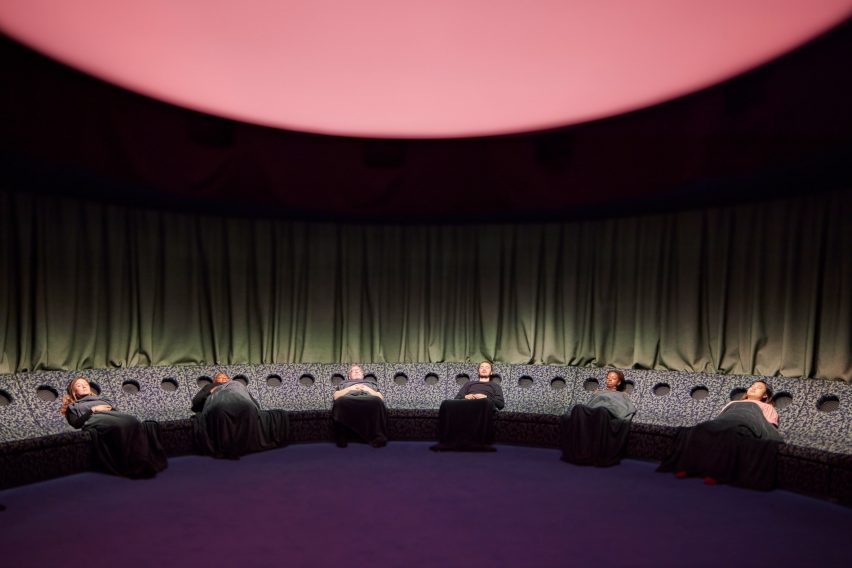

“It’s been incredibly exciting to work with Kinda Studios and FSB on this new cultural study,” said Sarah Doyle, deputy managing director and VP global brand leader at Design Hotels.
“As our recent Further Forecast 2024 report noted, design decisions that evoke transformative experiences not only elevate our immediate surroundings, but also nurture a profound sense of belonging, community, and well-being.”
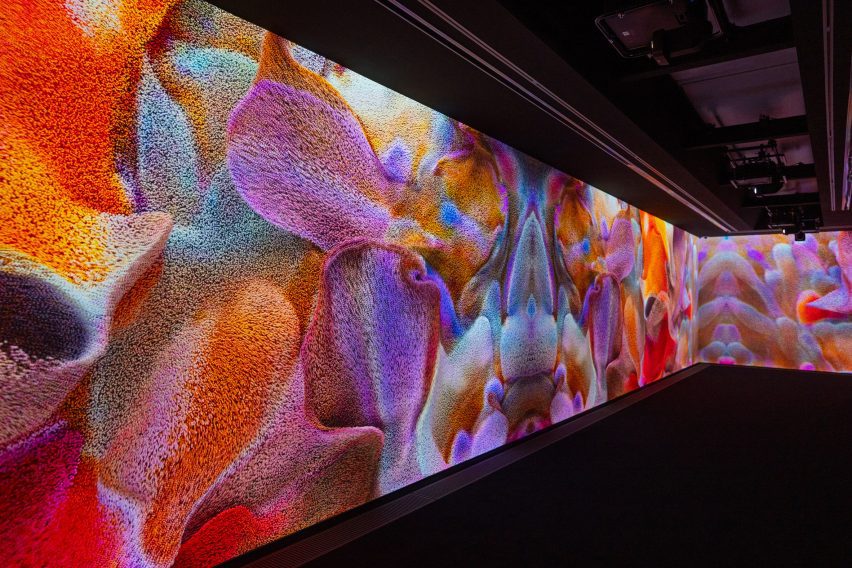

“Our collection of over 300 design-led hotels each contain thoughtfully curated spaces designed to incite awe and spark inspiration,” Doyle continued.
“Through this deep dive into neuroaesthetics, we are developing a wider understanding of how aesthetics, culture, and technology can converge to shape our cognitive and emotional landscapes – and create more impactful, purpose-led spaces in the process.”
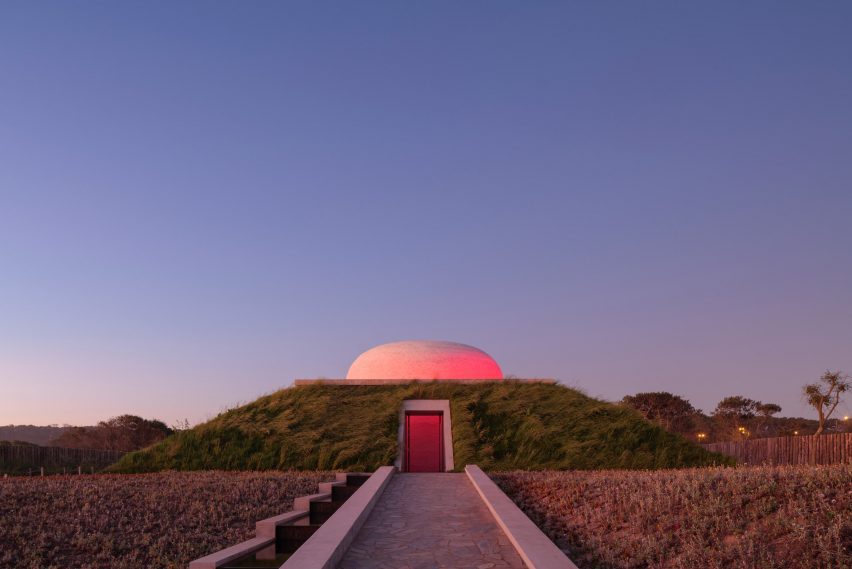

“[The report] explores the measurable impacts that aesthetic experiences have on our brains and bodies,” said Design Hotels.
When intelligently applied to design, architecture and cultural programming, neuroaesthetics offers unlimited possibilities to transform human behaviour and foster a better sense of community, belonging, transformation, and longevity – benefitting society as a whole.
For more information about the study, please download the report here, free of charge.
Partnership content
This article was written by Dezeen for Design Hotels as part of a partnership. Find out more about Dezeen partnership content here.

